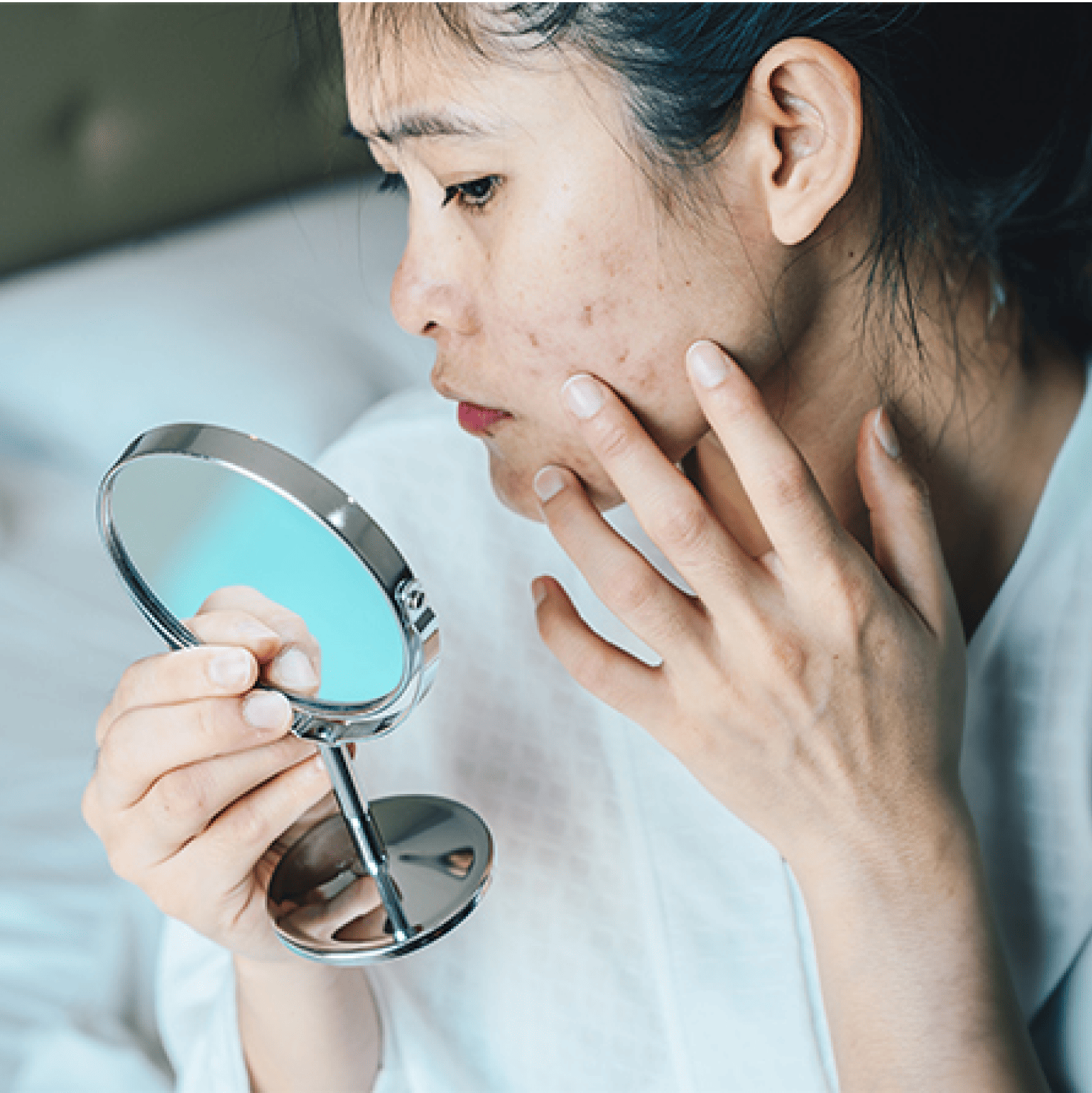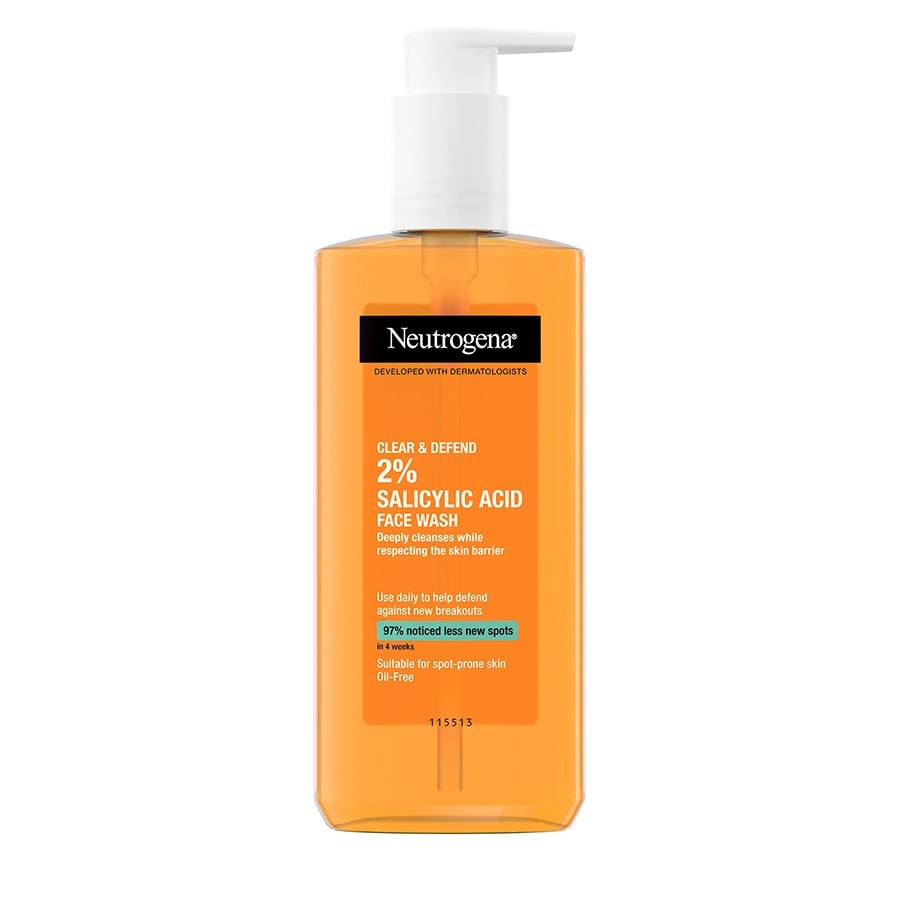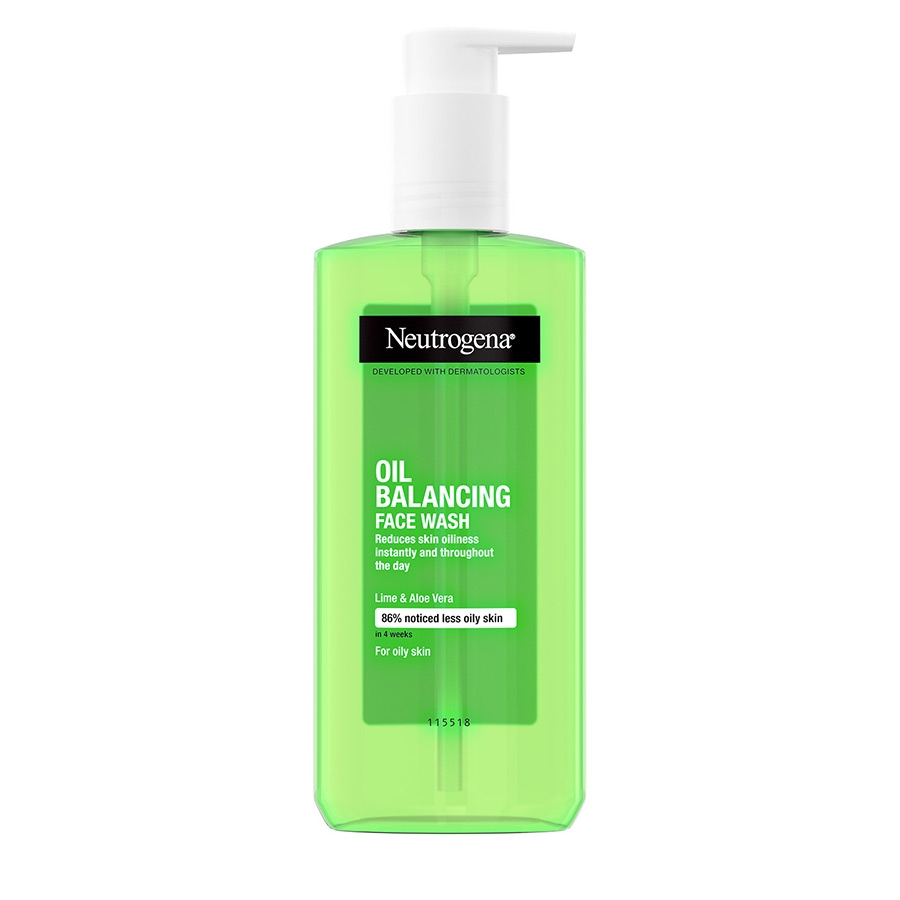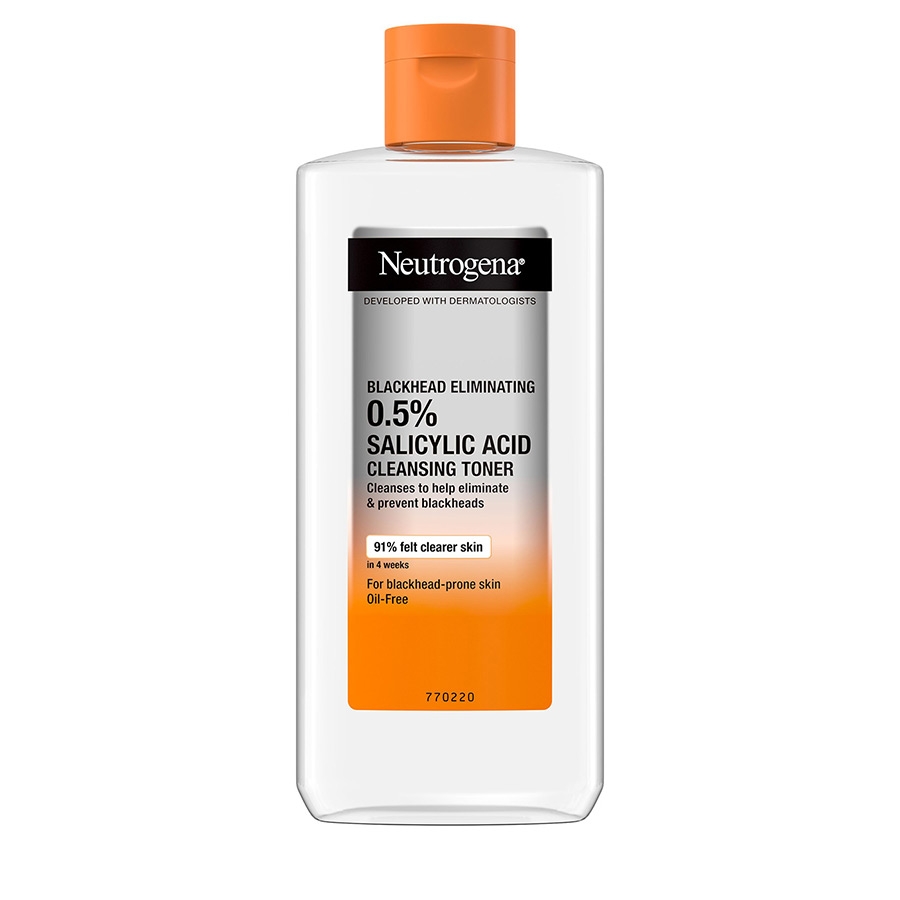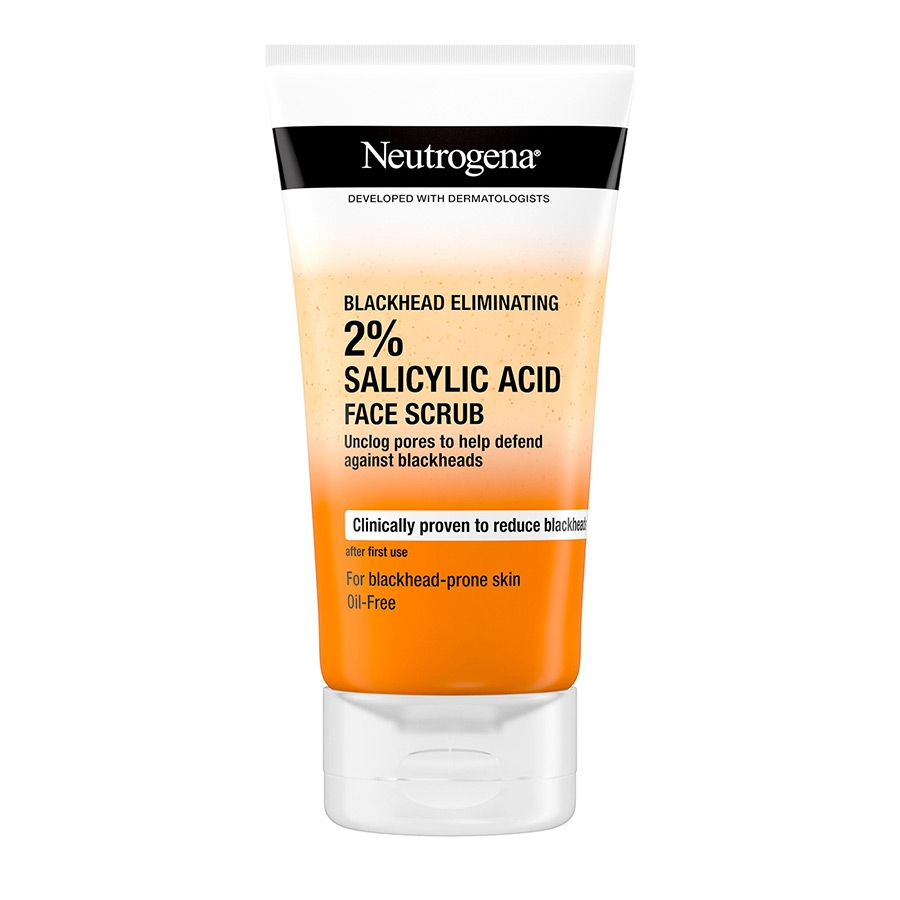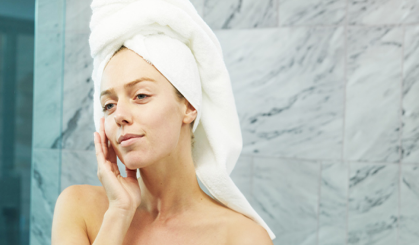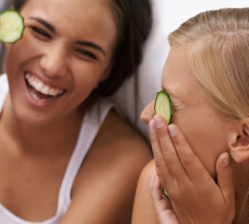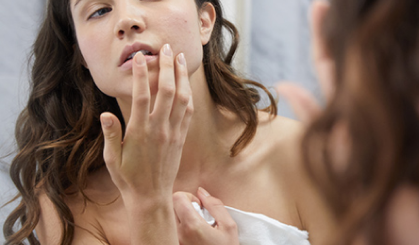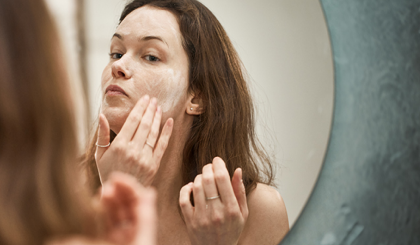If you’ve dealt with clogged pores at some point in your life, then you’re not alone. They’re a common concern. Anyone of any age and gender can develop clogged pores, though they tend to be most common amongst teenagers and people with oily skin type. Having a family history of clogged pores can also increase your chances.
But what are clogged pores? And how do you get rid of them? Read on to discover everything you need to know about clogged pores, including the main causes and how to solve and prevent them.
What are pores?
Before we delve into clogged pores, let’s start with the basics – what are pores, and why do we have them?
Pores are small openings in the skin that release oil and moisture from glands. This has an important role at keeping the skin and body healthy.
So, what are clogged pores? Clogged pores are exactly what they sound like: they’re pores that are clogged with a build-up of dirt, oil, and/ or dead skin cells. They can be found anywhere on the body, including the neck, back and chest, but are most common on the face.
What causes clogged pores?
A build-up of dead skin cells, oil, and/ or dirt can clog the pores. Additional factors which may cause clogged pores include:
Dry skin – Dry skin can cause an excess build-up of skin cells, which in turn can clog pores.
Excess oil production – Oily skin is perfectly normal. However, when the skin produces too much oil, it can end up clogging pores.
Certain skincare products – While coca butter, shea butter and coconut oil can all be excellent moisturisers, these products are oil-based and for some people/in some cases, they can clog up the pores.
Hormone changes – Throughout puberty, certain hormones can stimulate oil production in the glands. This excess oil can clog pores.
Genetic history – If clogged pores run in your family, then it may increase your chance of getting them too.
There are other factors that don’t clog the pores but can often have an effect on them. These include:
Stress
Cleansing the skin too hard
Pollution
Humidity
Certain foods
Do I have clogged pores?
You can tell if your pores are clogged by looking at your skin. Typically, people notice their pores are clogged when they develop certain skin concerns, such as:
Blackheads
Blackheads appear as small black or brown bumps on the skin. They aren’t black because they’re filled with dirt. Instead, this is due to a chemical reaction that oxidises the contents of the pore to make them appear dark in colour.
Whiteheads
Whiteheads develop when oil and skin cells prevent a clogged hair follicle from opening.
Pimples or pustules
Pimples are small bumps on the surface of the skin. Swelling, redness, and a feeling of irritation from pimples can be caused by excess oil and dirt in the pore. These can also be called pustules if they’re pus-filled and have a white tip.
Nodules or cysts
Nodules are large, raised bumps that feel firm to touch. They can be painful and should be treated by a dermatologist. Cysts are closed pockets of skin tissue, filled with fluid and other material. People who develop nodules and cysts are considered to have a severe form of acne.
Clogged pores vs enlarged pores
Though they sound similar, clogged pores and enlarged pores are not the same thing. Clogged pores tend to occur when the glands produce too much oil. This excess oil can get trapped in the pores, along with a build-up of dirt, dead skin cells, and bacteria.
Enlarged pores, meanwhile, can be caused by other factors, such as age, hair follicles, and sun damage. They’re often related to clogged pores but don’t always result in the pore becoming clogged.
The best ways to unclog pores
While clogged pores can be caused by multiple factors, the following methods can be used to help prevent and unclog face pores:
Cleanse and moisturise regularly
Cleansing twice a day can unclog face pores and help reduce oiliness. When cleansing your face, you should:
Use warm (not hot) water – Hot water may irritate your skin, making your pores look larger.
Wash gently – Excess scrubbing can make your skin produce more oil, which is the opposite of what you want.
Use a gentle cleanser – Find a gentle cleanser that won’t irritate your skin or clog your pores.
Apply an oil-free moisturiser – After cleansing, apply an oil free-moisturiser to the skin to prevent it from drying out.
Build a skin care routine that works for you
You can stop your pores from becoming clogged by developing a skin care routine that is suited to your skin type. For example, if you have particularly dry skin, you may need to use a heavier cream or ointment for moisturising. But if your skin is oily, then you may need to find a moisturiser that’s lightweight and oil-free instead.
You should also look out for products with non-comedogenic written on the label. ‘Non-comedogenic’ essentially means that a product won’t clog your pores.
Developed with dermatologists, the NEUTROGENA® Clear & Defend products help cleanse and hydrate and are suitable for spot-prone skin.
Opt for products with salicylic acid
Salicylic acid can help to clear the dirt and oil clogging your pores. The Neutrogena Blackhead Eliminating Face Scrub contains salicylic acid and natural cellulose exfoliators to help remove the dirt and oil trapped in your pores.
Do note that some people may find that salicylic acid causes irritation to their skin. It can, therefore, be a good idea to start off by applying a small amount and using it every other day, rather than daily, to see how your skin reacts.
Avoid squeezing and picking your pores
While it may be tempting to pick your spots or squeeze those pesky blackheads, touching your face too often and picking or popping your pimples can make your pores become more clogged.
Extraction may sound scary, but this is a potential option for blackhead removal. While you can find home extraction kits online and, in most shops, medical experts advise this should be performed by a health professional to reduce the risk of scarring.
Maintain a healthy diet
Foods that are high in fat and oil can have an effect on your skin, which can lead to clogged pores. Getting plenty of low-fat foods, fruits, and vegetables into your diet can help keep your skin looking healthy.
Always take makeup off before bed
Avoid going to bed without washing your face. Leaving your makeup on overnight can clog your pores.
